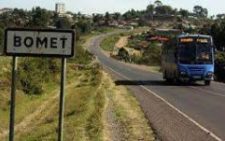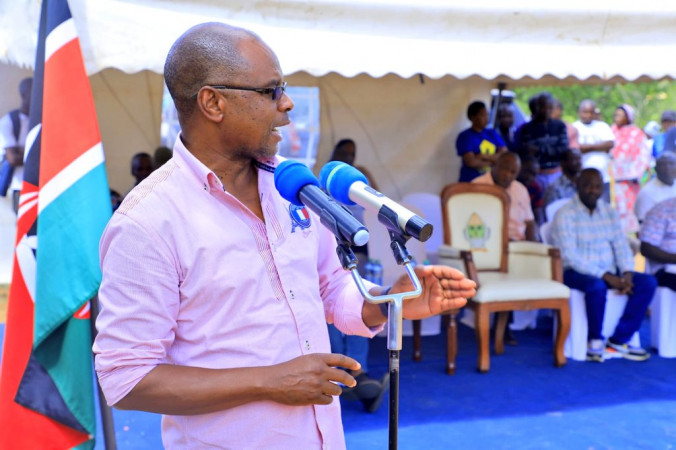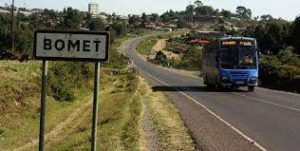Cost of business in the country to take huge drop

The cost of doing business in the country is expected to reduce drastically after the National and County Governments agreed in principle to eliminate multiple levies and fees charged on goods transported across counties.
A consultative forum between the Cabinet committee on National Government development and the Council of Governors resolved to restrict such charges to the county of origin essentially saving traders and businesses from numerous CESS and other fees currently levied by county governments.
The Ministry of Industrialisation and Trade and the Council of Governors will now meet to develop an agreement for the 47 governors’ signatures following the agreement arrived at during the National Development Implementation and Communication Cabinet Committee (NDICCC) and the COG consultative forum at the Kenya School of Government (KSG) yesterday.
Various charges
The implementation of the resolution will be welcome news especially to traders who ferry goods across county borders and who have to part with money for various charges independently demanded by counties.
The charges are inevitably passed on to consumers thereby raising the cost of goods.
Under the proposed agreement, only the county originating the goods will now be expected to impose the levies.
Traders have perennially complained that the duplication of levies and other fees by counties frustrated trade by discouraging inter-county movement of goods and significantly increased the cost of doing business in the country.
Interior CS Fred Matiang’i who also chairs the NDICCC said the implementation of the county governments consensus on one-off charges was long overdue and challenged county governments to extend the consideration to tourism and other service sectors.
“It would be very ideal and important for businesses if all they need is a single CESS or permit receipt that allows them to move goods freely across counties,’ said Matiang’i.
The meeting also agreed to harmonize the Road Maintenance Fuel Levy Allocation (RMLF) in order to facilitate periodic maintenance of County Roads.
Also set for joint National and county governments review is the National Health Insurance Fund Amendment Bill that seeks to reform the public insurer to make it more responsive to the Universal Health Coverage (UHC) rollout.
The meeting was the third between the NDICCC and governors since the President formed the Committee to spearhead the implementation of National Government projects.
In a message delivered by the Head of Public Service Joseph Kinyua, the President urged the National and County Governments to deepen their consultative nature of to expedite the delivery of services to the public.
CS Matiang’i said the National Government was keen to entrench consultations with county governments to ensure projects and programmes are implemented efficiently.
Consultation forums will also be used to align the country’s priorities and to pool available resources to ensure programs such as the Covid-19 vaccination rollout programs are undertaken effectively.
Governor Wambora said the Council of Governors (CoG) will prioritise consultations and negotiations with the National Government on issues of contested jurisdiction and other disputes instead of seeking court interventions in litigations that he noted were expensive and time-consuming.
To address reforms to streamline the agriculture sector which is the economic mainstay of majority of Kenyans, a consultative meeting to be hosted by Kinyua between the Agriculture CS Peter Munya and the agriculture committee of the Council of Governors will be held next week.
An audit of critical laws and regulations affecting the sector will also be undertaken to inform the necessary reforms in the agriculture sector to make it more productive and profitable.
Agriculture and the issues plaguing the sector is expected to feature prominently at the Summit, which sits at the apex of the consultative forums between the two levels of the government and which is chaired by the President, when it meets next month.
During the last meeting held at the same venue in February last year, the NDICCC and CoG resolved to establish consultative platforms to coordinate the activities of the National and County governments and to facilitate faster and cost-effective implementation of joint and mutually beneficial projects.
The meeting further resolved to continue working together to ensure that policy and regulatory reforms necessary to the full implementation of the 2010 Constitution are aligned and expedited.
Last year’s meeting also struck a consensus on the strengthening the role of the Constituency Industrial Development Centres (CIDCs) in assisting the County Governments nurture and expand cottage industries within their jurisdictions.









